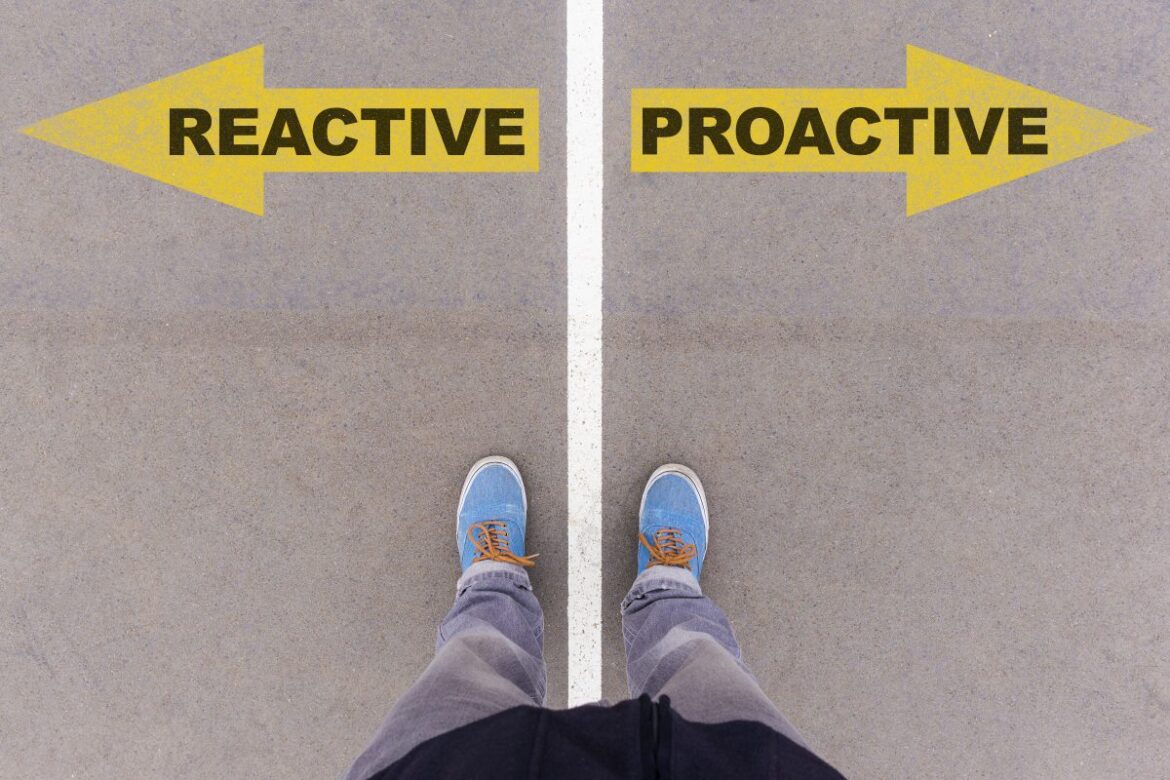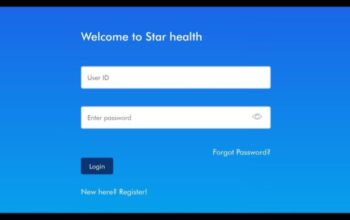
So much of our lives is reactive. We react to the things that we can’t control or see coming. For example, when it rains, we run for cover or reach for an umbrella. When someone unexpectedly throws something our way, we duck without even thinking about it. But too much reactive living in your professional life can get you in trouble. At some point, you need to be proactive about the things you can control.
How to Be More Proactive
Living reactively is like trying to navigate through the crowded, winding streets of a new city at night, while it’s raining. Living proactively is like having a GPS that gives you clear directions at every step along the way.
As one entrepreneur puts it, “In the absence of a strong sense of direction, clear motives, a complete strategy, a good sequential plan, correct and complete information, and the right skills and support systems, we really have no other choice than to reactively select between the very narrow options that are presented to us moment by moment.”
By programming yourself to be more proactive, you can take control and blaze a trail ahead of time. This helps you be more productive, reduce risk, earn more money, and add more value to those around you.
Having said that, here are several ways you can be more reactive in your professional life:
- Be Meticulous With Your Schedule
Believe it or not, you control your schedule. Be proactive about controlling it. The best way to do this is to use a Google office calendar and to add each and every event or task into your calendar. And if you need some free time (or even just quiet time to focus and get work done), block out time for that as well. This helps you proactively control your time, rather than just being tossed around from one meeting to the next without having any say in the matter.
- Plan Each Day Out
When you show up to the office each morning, you should have a very clear idea of what you’re going to do that day. At the very least, you need to know which tasks on your list are most important.
There are several ways to prioritize tasks, but the Eisenhower Matrix is one of the best. It helps you sort tasks into one of four quadrants based on importance and urgency. Tasks that are both important and urgent become your Most Important Tasks (MITs) for the day. If/when you complete those, you move on to tasks in the second quadrant.
- Become an Active Participant
Reactive people are idle observers. Active participants are not.
“In order to be proactive, you must get involved. You have to take initiative and be a part of the solution,” author Chrissy Scivicque writes. “Recognize that you are only a piece of the whole and that you influence—and are influenced by—the actions of others. Don’t simply react to them. Engage with them. Exert your influence and make a contribution.”
Ultimately, you need to build a strong network. Proactive people rarely work in isolation. They know other people and bring them in to help execute their plans.
- Move Toward Problems
When a problem or an uncomfortable situation arises, the natural human reaction is to run. We tend to turn away from things that aren’t warm and cozy. But that’s not always the best policy.
In baseball, infielders are taught to charge ground balls in order to play the ball before it “plays” them. By moving toward the ball and gloving it, you limit the amount of time the ball spends traveling. This lessens the likelihood of the ball doing something strange (like hitting the edge of the grass and bouncing sideways).
In life, you should make a habit out of playing the ball before it plays you. That means moving toward problems, rather than running away. When you do this, you gain valuable time to implement the solution you want to implement, rather than waiting to implement something based on circumstances.
Gain Control Over Your Life
When you learn how to be more proactive, you gain the upper hand in your career (and your life). Learn how to proactively control what you can control and then strategically plan for the things that you can’t. It won’t always go the way you want it to, but you’ll walk away a winner more often than not.


